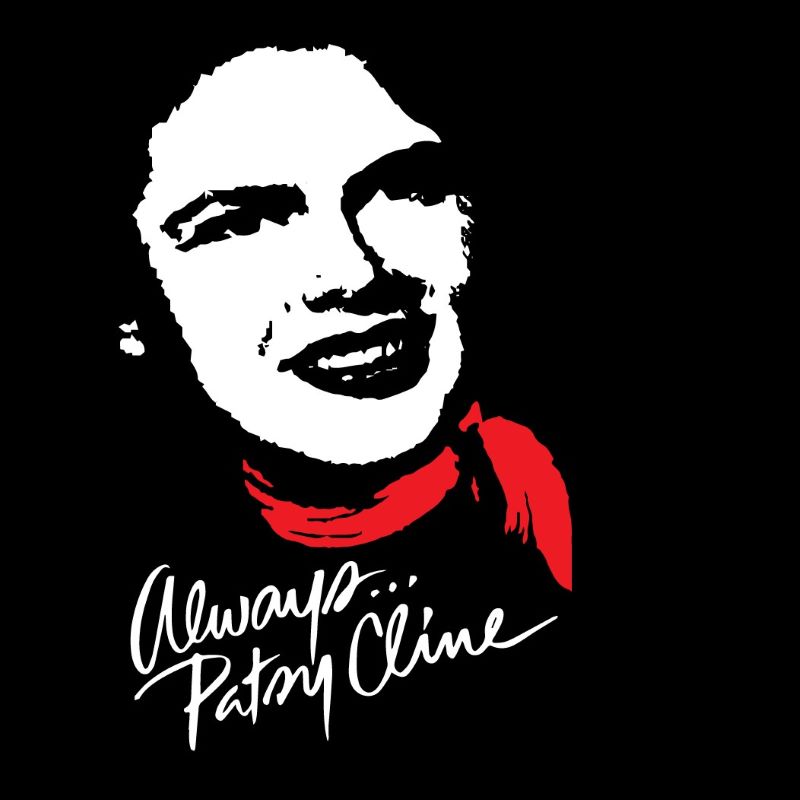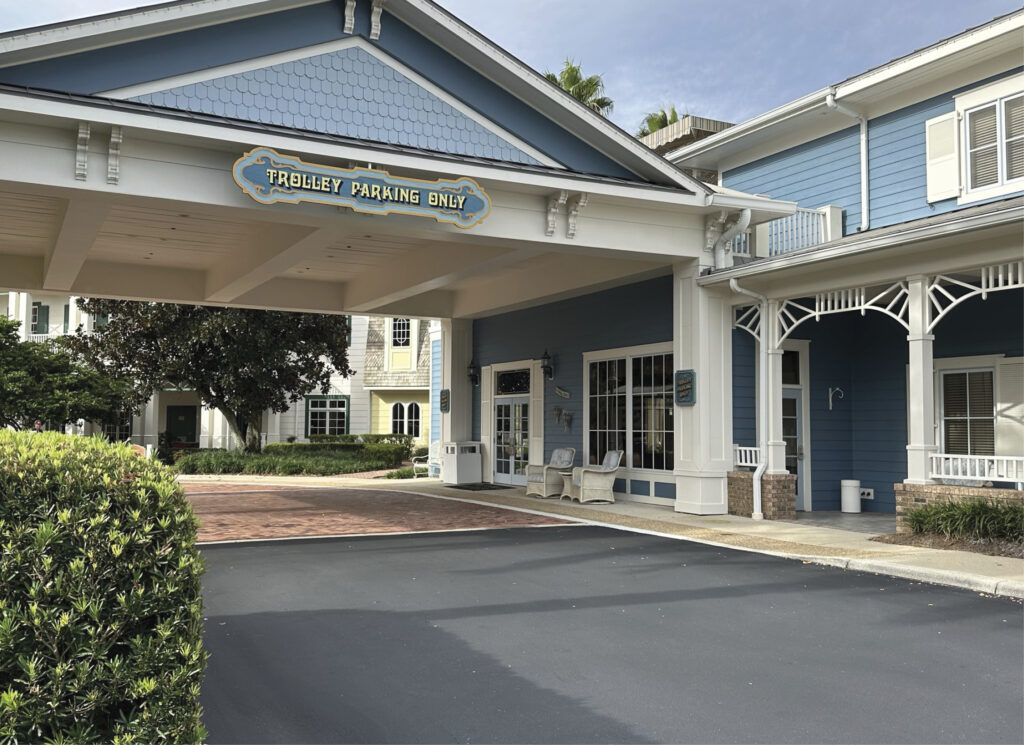At Victory Productions, we recognize that inherent emotions rise to the surface when experiencing various forms of entertainment. Not only are the shows we present built on stellar, quality performance, but we also don’t shy away from the immense historical context in which many shows indulge.
Artistic works often run the gambit of the performance spectrum, from those that scratch the surface of emotions to others who explore the depths of feeling. And beneath the surface, at times, even more context inspires these artistic works.
At Victory Productions, we strive to present art that invokes past memories, filled with notable moments and cultural movements. The shows lined up this fall are a testament to that dedication:
Here are three examples:
One of the most significant historical movements, the Tupperware Party, is still alive and well. But did you know that Tupperware was unsuccessful when it was first introduced?
Tupperware was first introduced in the 1940s, but no amount of advertising or store displays could entice customers to buy this everyday kitchen convenience.
Tupperware could not sell itself, literally!
It wasn’t until the early 1950s that the original hostess of the Tupperware party, Brownie Wise, came onto the scene. Brownie was convinced that the best way to sell this product was by demonstrating its function and necessity to modern women. Hence, The Tupperware Party was born. Not only were these gatherings a perfect way to introduce and sell the product, but they became social events that spread across the US. These gatherings were so successful that all products were removed from store shelves, and Tupperware became available exclusively through these parties.
Today, Tupperware is still a household name. Although the party aspect cooled down over the past few decades, along came Dixie Longate. The entire experience has had a renaissance and has the attention of a new generation thanks to Dixie’s Tupperware Party. Today, Dixie is the #1 personal seller of Tupperware in the US and Canada.
If you haven’t ever attended a Tupperware party, or if you need to replenish your supply, don’t miss Dixie’s Tupperware Party returning to the Savannah Center on November 3. Filled with hilarious tales, heartfelt accounts, and a little empowerment and homespun wisdom, Dixie leaves your heart a little bigger and your food a little fresher.
Another show we have lined up celebrating historical movements is Hotter Than July: Stevie Wonder Tribute Band.
Did you know Stevie Wonder’s Album Hotter Than July is dedicated to Reverend Martin Luther King Jr.? Or that the song “Happy Birthday,” featured on the album, was written as a campaign to establish a national holiday of remembrance in honor of Reverend Martin Luther King Jr.? Even the album sleeve cover of Hotter Than July serves this purpose. On one side of the sleeve is a photograph of Martin Luther King Jr, with a dedication written by Stevie Wonder of Reverend King’s bravery and efforts toward change and the importance of honoring his memory.
It read:
“It is believed that for a man to lay down his life for the love of others is the supreme sacrifice. Jesus Christ, by his own example, showed us that there is no greater love. For nearly two thousand years now, we have been striving to have the strength to follow that example. Martin Luther King was a man who had that strength. He showed us, non-violently, a better way of life, a way of mutual respect, helping us to avoid much bitter confrontations and inevitable bloodshed. We still have a long road to travel until we reach the world that was his dream. We in the United States must not forget either his supreme sacrifice or that dream.
I, and a growing number of people, believe that it is time for our country to adopt legislation that will make January 15, Martin Luther King’s birthday, a national holiday, both in recognition of what he achieved and as a reminder of the distance which still has to be traveled.
Join me in the observance of January 15, 1981, as a national holiday.”
~Stevland Morris, aka Stevie Wonder
Celebrate this momentous victory and join us for Hotter Than July: The Stevie Wonder Tribute Band on November 20 at The Savannah Center.
Almost every one of this generation knows about Simon & Garfunkel’s Concert in the Park. And how could you not? It was one of the biggest concerts in music history.
After almost more than a decade removed from Simon & Garfunkel’s successful run atop the music charts and their subsequent breakup, the duo reunited for what would become one of the most famous concerts of all time. The pair reunited for a night of music on the Great Lawn in New York City’s Central Park. The event occurred on September 19, 1981, and attendance was estimated to have reached upward of half a million people. A broadcast of the event on the burgeoning cable movie channel HBO and an accompanying double album contributed to this night of music going down in the annals of music history.
What most don’t know, however, is that there was one song broadcast on HBO that was cut from the album release. A newly written but unreleased song (later to appear on Simon’s “Hearts and Bones” album), “The Late Great Johnny Ace” was set to be debuted at the show. During the performance, an audience member ran onto the stage shouting at Simon, “I need to talk to you!” The man was carried off by security without incident, but Simon, obviously startled, finished the song. The incident provoked associations with the song lyrics, in which Simon speaks as a first-person narrator concerning the deaths of Johnny Ace, John F. Kennedy, and John Lennon. Lennon’s murder had occurred only 9 months earlier, not far from the concert site. For Simon, a friend of Lennon and a native New Yorker, the experience was surprising but not entirely concerning. Said Simon, “He’s messed up the song. It’s hard enough for people to grasp a new song. My reaction was not, at the time, one of fear. I think he was stoned. He wasn’t threatening, although it might’ve looked that way.”
“On a cold December evening, I was walking through the Christmastide
When a stranger came up and asked me if I’d heard John Lennon had died
And the two of us went to this bar and we stayed to close the place
And every song we played was for the late great Johnny Ace”
Johnny Rogers and Lee Lessack return to The Savannah Center on November 4 with Simon & Garfunkel: Live in Central Park [Revisited]. And while you might not be hearing “The Late Great Johnny Ace,” you’ll be sure to experience the rest of the setlist presented just as it was on that historic night in New York City 40 years ago.
We couldn’t be more interested in these sorts of small historical details. You might even say that we are nerds for entertainment history. We believe these historical tidbits, found when diving deeper into the account of these cultural moments, lend great gravitas to these performances.
After all, entertainment is current. It is alive. Even when it is history.
If you’re at any of these upcoming shows, or any Victory Productions show at The Savannah Center, please come say hello. And, please, if you have them, share some of your historical entertainment anecdotes with us.
We hope to see you there!




